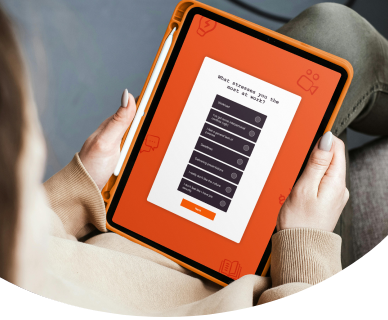We would all love to go to work each day feeling unburdened by stress and unhelpful thoughts—those that hold us back from trying new things, getting more done, and embracing difficult situations.
But we also know that our brains can be set in their ways, what with their roughly 100 trillion synaptic connections, some of which actively undermine our productivity every minute.
That’s why, according to Dr. Stu Farrimond, Optimist Instructor and acclaimed author of Science of Living, we often hold ourselves back at work without even realizing it. Some of our worst behaviors—like procrastinating, under-communicating, or being indecisive—stem from letting our deeply ingrained habits take control and switch our brains to autopilot.
Here are three ways Dr. Stu says your brain acts as your own personal saboteur, with the hope that knowing about them will help you in replacing your brain’s bad habits with better ones. (For more, check out Dr. Stu’s class, “The Neuroscience of Success at Work,” in The Optimism Library.)
1. Your gut instincts are trustworthy only in familiar situations
“Our brain’s amygdala, an area deeply involved in emotional responses, helps forge ‘emotional memories’ that can guide instinctive reactions in familiar situations,” says Dr. Stu.
This can be a good thing. For example, a seasoned manager might successfully rely on gut feelings to make quick decisions during routine operations or when resolving conflicts they’ve navigated before, leveraging past experiences encoded in their emotional memory.
In these familiar moments, Dr. Stu says it’s great to “trust your gut.”
He cautions, however, trusting your gut in unfamiliar or unpredictable situations. Maybe you’re facing a new problem, trying to manage a new sort of conflict, or trying to work through a task you’ve never done before, like implementing an entirely new technology in the office.
“Your hunches can only be trusted in areas of life that are fairly predictable and repeatable, like driving or cooking,” he says. “However, in unfamiliar or unpredictable situations, relying on gut feelings can lead you astray. This insight is underpinned by studies showing the unreliability of eyewitness testimonies in stressful situations, which often result in wrongful convictions.”
2. Our brains are often too quick to make assumptions
Dr. Stu describes the brain as a “sophisticated guessing machine.”
Our vision, for instance, isn’t as reliable as we might think. “Our brain fills in gaps in our peripheral vision, creating a continuous image from sparse data,” he says. “This mechanism, while efficient, makes us very unreliable witnesses, a fact supported by research showing a high percentage of wrongful convictions based on inaccurate eyewitness testimonies.”
The same concept can be found in the workplace, especially in intrateam communication. Consider a scenario where a manager asks for updates on a complex process with many moving parts. They might believe they have a full understanding of the project status based on quick visual scans of progress charts and brief updates from team members, but in reality, their brain is filling in gaps and creating a seemingly coherent picture from incomplete information. This can lead to overconfidence in the project’s progress or unforeseen issues that were never actually communicated but were assumed to be resolved.
When it comes to collaborating with your team, Dr. Stu says it’s best to over-communicate to the point of obviousness—because what is often obvious to you is not always clear to the rest of the team or your superiors.
3. You can teach an old brain new tricks.
Sure, humans can get stuck in their ways. But bad habits, we’re thrilled to say, can be broken—or, more accurately, bad habits can be replaced with good ones.
According to Dr. Stu, the brain can be reprogrammed to foster better workplace behaviors and decision-making.
“The concept of schemas,” he says, “are rooted in cognitive behavioral therapy (CBT). Essentially, we know schemas as a sort of bodily autopilot. They are the patterns of thought and behavior that we default to after repeated learned behavior. The good news is, schemas can be adjusted.”
Our brain’s neuroplasticity and ability to adapt can significantly alter our responses to workplace challenges, “leading to more effective and adaptive behaviors,” says Dr. Stu. “It can take time, but if we repeat and reinforce better habits at work, we can replace one habit with another.”
A workplace example here could be how we handle feedback.
Imagine a scenario where an employee typically reacts defensively to constructive criticism, viewing it as a personal attack rather than an opportunity for growth. This reaction is a schema—a learned behavior based on past experiences. By recognizing this schema and treating it like a habit, the employee can begin to replace the defensive response with a more productive one, such as asking clarifying questions or considering the feedback as a path to professional development.
Over time, with conscious effort and repetition, this new approach can become the default, demonstrating the brain’s remarkable capacity to adapt.
For more, check out The Optimism Library.











